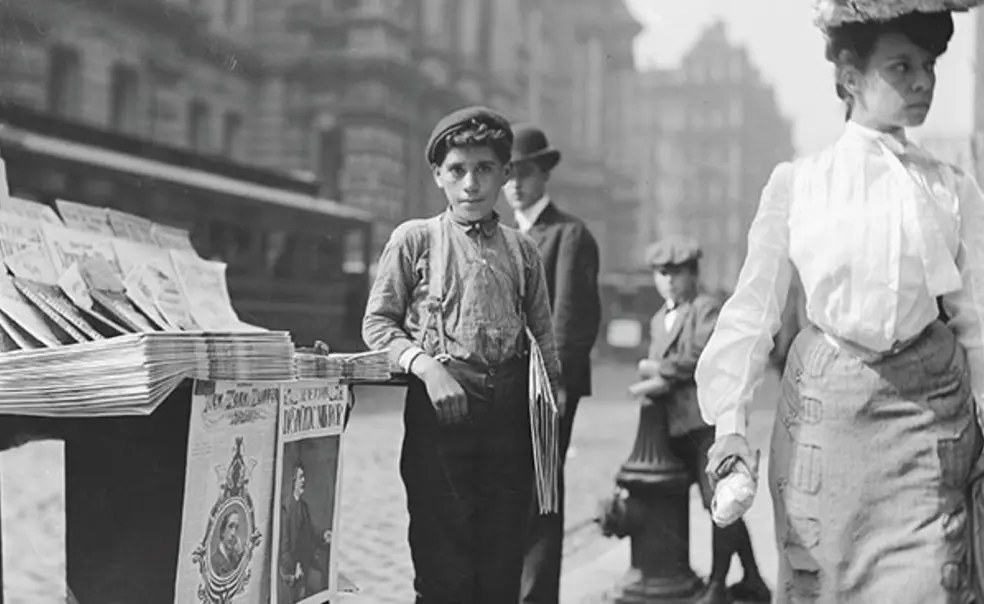At the dawn of the 20th century, Princeton was largely dependent on newspapers to tell its story. And tell it they did.
In September 1904, as faculty and students began a new academic year, readers of mass-circulation dailies ranging from the New-York Tribune to the San Francisco Chronicle to the Detroit Free Press enjoyed their own taste of collegiate life — what The (New York) Evening Post hailed as “news of the college world,” including “important changes in the faculties, curricula, and buildings of the prominent institutions throughout the country.”
When the time came to describe curricular reforms introduced by Princeton that fall, PAW turned to the Post, republishing its detailed account of these innovations, which included a new undergraduate degree, the bachelor of letters, for “those who enter without Greek, and yet confine their work mainly to humanistic lines.”
But academic news concerning Princeton — the compilation of a bibliography of American historical writing, a yearlong archaeological expedition to Syria, the establishment of an ornithological research facility — took a back seat to reportage on student life. Newspapers chronicled the annual test of wills between Princeton’s freshmen and sophomores, including the “cannon rush,” which The (Baltimore) Sun described as “a mass of fighting students, numbering over 600.” They discussed the state of student dress, the Tribune noting that “their appearance in the streets of Princeton, and even in the chapel and classrooms, shows a studied carelessness of attire which has proved repellant to many of the professors.”
And, above all, they followed Princeton’s progress on the football field. At a time when Ivy League institutions (a term coined later) dominated the game, the University’s prospects for 1904 were widely discussed. As The Washington Post presciently put it, “Old Nassau is not likely to have things her own way this year.”
Today, newspapers have lost much of their former sway, but Princeton has found new ways to keep Americans and, indeed, the world informed.
John S. Weeren is founding director of Princeton Writes and a former assistant University archivist.












No responses yet